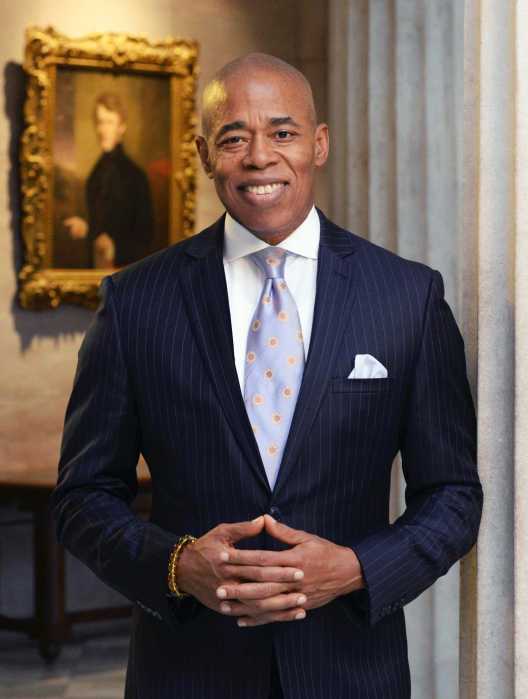Mayor Eric Adams has articulated his support for the thoughtful regulation of adult-use cannabis throughout his time in office. The Adams administration is committed to promoting the growth of an equitable cannabis industry in New York City, in concert with state partners. Last August, Mayor Adams and the New York City Department of Small Business Services (SBS) announced the launch of Cannabis NYC, a first-of-its-kind initiative to provide a broad suite of services to industry stakeholders and those looking to participate in the legal cannabis market.
It has been a year since the passing of the Marijuana Regulation and Tax Act (MRTA), which legalized adult-use cannabis throughout New York. Since then, we have seen slow but steady growth within the industry, with licensed dispensaries opening across the state. Our 2023 Cannabis Industry Power Players list seeks to honor those leading the cannabis industry into the future. These leaders in government and business have championed social equity, working hard to ensure that small and minority-owned businesses have equal access to licenses and funding, while also driving innovation within the industry.
The article written to accompany this section can be found here.
By Lea Tomaswick
List curated by Jill Carvajal.
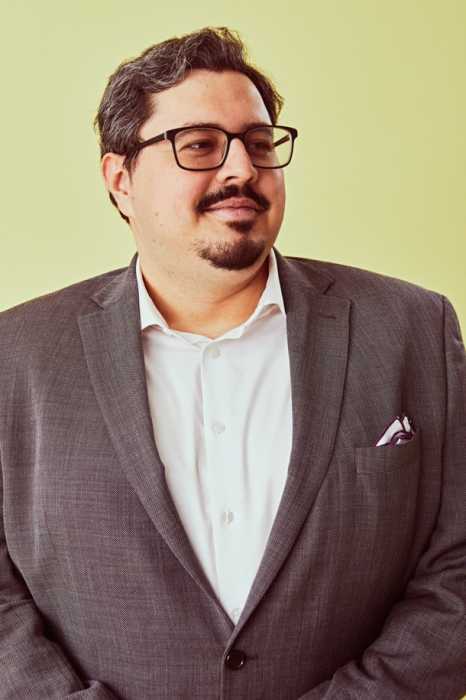
Ryan Adams
Managing Director, HZQ Consulting

Ryan Adams, a marketing expert with extensive experience in growth strategy and digital marketing, excels in driving results and managing high-performing teams. He has a proven record in scaling businesses across industries. As part of HZQ Consulting, Ryan has worked with notable clients, earning accolades including Schneps Media’s ‘King of New York’ and City & State’s Top 75 Political Consultant. A dedicated volunteer, he is involved with Shriners International and homelessness support charities.
Do you think there is a stigma around working in the cannabis industry and if so how do you work to overcome it?
There is 100% stigma around working in the cannabis industry, but that’s from decades of propaganda around the drug war. It’s totally misplaced. People love cannabis. People use cannabis. Cannabis gives people relief from things that they can’t find anywhere else. We need to humanize the people who use it and be upfront about how and why. I use a CBD/THC mixture daily to deal with anxiety. I am a better person because of it.
How can the cannabis industry work with health care and academic professionals to educate consumers about the benefits and risks of cannabis use?
The cannabis industry needs to work with healthcare and academic professionals to stamp out the misinformation. This isn’t the 1950’s and there’s no room for ‘reefer madness’ nowadays when so many people can benefit from finding the right mix and method of cannabis consumption for them. Many people are missing out on a better life because of misconceptions they learned when they were younger. It is a new, better, brighter world for cannabis now.
Where do you see the cannabis industry in New York 10 years from now?
Thriving. This crop of cannabis entrepreneurs and leaders are pioneers; they are blazing a trail for the future by navigating all the rules and regulations. Once the path has been more established, we will see more legal stores, more legal products, and more legal innovation that New York State can hold up to the rest of the nation as an exemplar of what can and should be happening in every state – not just ours.
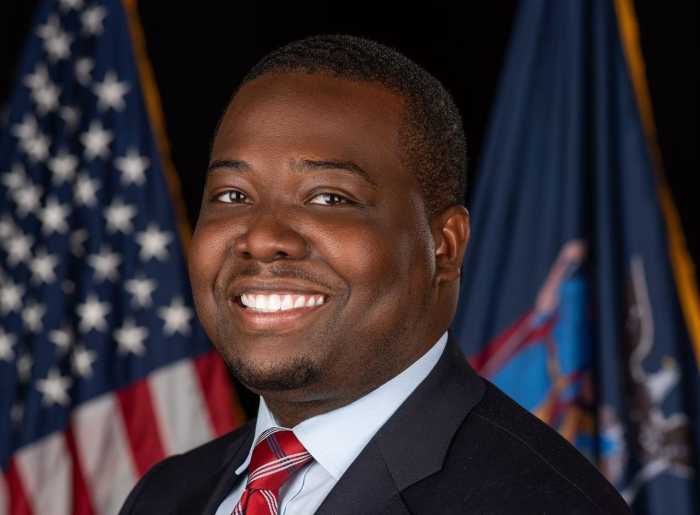
Chris Alexander
Executive Director, Office of Cannabis Management

Chris Alexander is a criminal justice reformer, advocate, and policy expert. He is a native of Hollis, Queens, and the son of immigrant parents who came to the United States from the Caribbean island of Grenada. He has worked tirelessly to advance cannabis reform from a variety of perspectives. Most notably, he was the architect of the Start SMART NY campaign to end marijuana prohibition and the lead drafter of the Marijuana Regulation and Taxation Act.
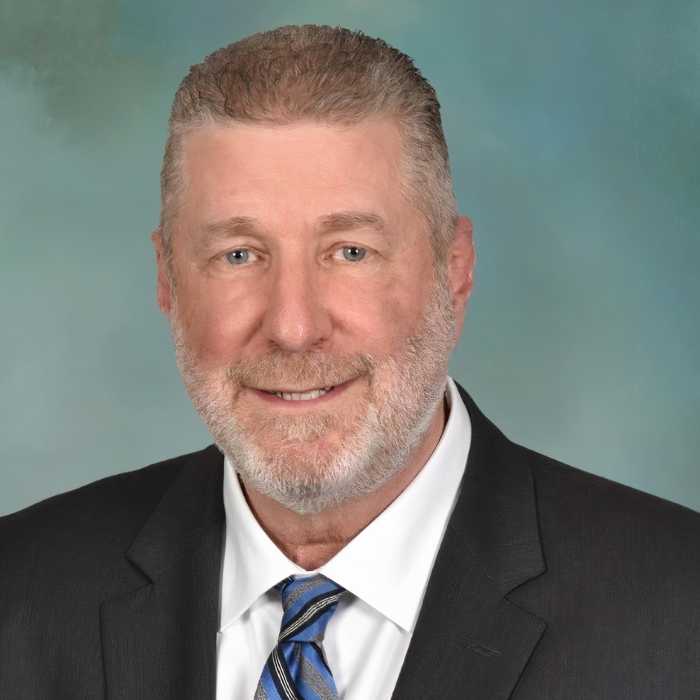
Eric Altstadter
Partner and Chair of Cannabis and Hemp Group, EisnerAmper LLP

Eric Altstadter is an audit partner and chair of the EisnerAmper’s Cannabis and Hemp practice within the Manufacturing and Distribution Group. He has more than thirty years of experience working with public companies and privately held businesses throughout the country. Eric is a frequent speaker on accounting, auditing, and business topics and industry subjects such as cannabis.
Do you think there is a stigma around working in the cannabis industry and if so how do you work to overcome it?
There is a stigma, but it is becoming less and less prevalent. As more states legalize recreational and medicinal cannabis, working in the cannabis industry has become more “normal”. The hope is that in the near future working with companies in this space will be no different than working with any other agricultural company. Or, no different than working with companies in the alcohol industry.
How can the cannabis industry work with health care and academic professionals to educate consumers about the benefits and risks of cannabis use?
Education through conferences is a great step. But we have to be sure the information provided is a fair representation of the benefits, and risks, of the flower. My hope is that the cannabis industry will soon develop rules and regulations, and information to the public, similar to those in the alcohol industry.
Where do you see the cannabis industry in New York 10 years from now?
My hope is that in ten years the cannabis industry will be accepted, and treated similar to the alcohol industry, with carefully developed rules and regulations around the sale and use of the product. I would also hope that cannabis would be federally legal, removing the tax burdens, and interstate commerce restrictions, that currently make it hard for these companies to survive.
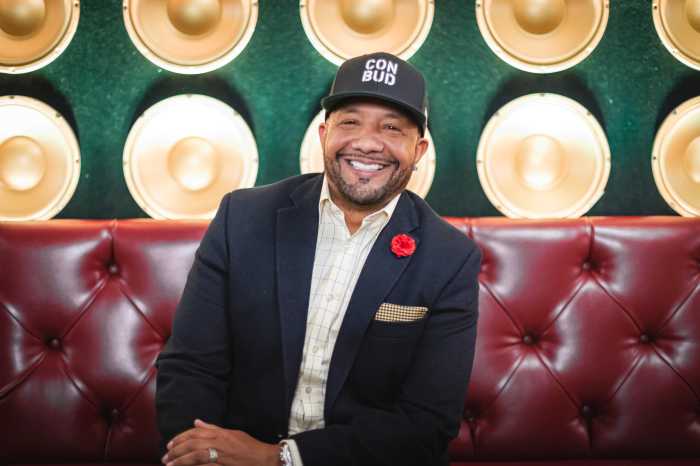
Alfredo Angueira
Co-Founder and Chief Compliance Officer, CONBUD

Restaurateur, attorney, economic developer and cannabis entrepreneur, Alfredo Angueira is the chief compliance officer and co-founder of CONBUD. A board member of NYC Hospitality Alliance, Angueira was executive director of Bronx Empowerment Zone, general counsel for Bronx Overall Economic Development Corporation and managed the Legal Department for the New York Council on Adoptable Children. He served on the staff of the Bronx District Attorney, New York City Council and NY State Assembly.
Do you think there is a stigma around working in the cannabis industry and if so how do you work to overcome it?
There’s definitely a perceived stigma among older persons in our communities, however much of this stigma comes from experienced trauma. During the War on Drugs, 75% of New York State’s prison population came from just seven NYC neighborhoods, all predominantly Black and Latino with large immigrant communities. Vast numbers of young adult males were drained from these relatively small geographical areas, seriously impacting the structure and economic stability of traumatized families left behind.
Where do you see the cannabis industry in New York 10 years from now?
I honestly can’t say as there are so many variables that may or may not come to fruition, including federal legalization, interstate commerce, and an effective reduction of the illicit market. My hope is that in addition to generating significant revenue for the state, New York will have made substantial investments in the Black and Latino communities most affected by cannabis criminalization. It’s why we’re here.
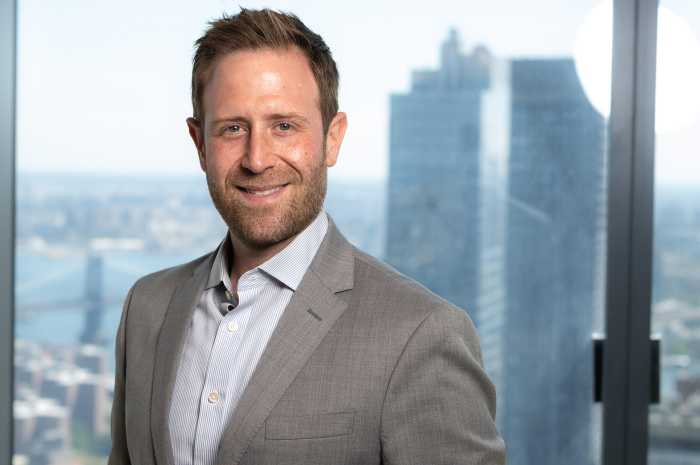
Jamie Ansorge
Principal and Counsel, Cozen O'Connor

Jamie Ansorge is an attorney and government affairs professional who has worked with several of the nation’s leading cannabis and cannabis-related companies since the passage of the MRTA. Jamie has intricate knowledge of NYS cannabis law, regulation, and policy while maintaining close working relationships with key elected officials and agency staff. He also works with a diverse array of corporations, trade associations, and nonprofits across multiple policy fields.
Do you think there is a stigma around working in the cannabis industry and if so how do you work to overcome it?
I’m very proud to work in this industry. The injustices I’ve seen pre-Rockefeller reform in NY and the ability to help develop a $6B industry inspire me on a daily basis. It’s an incredible opportunity to bring wealth to communities impacted by the war on drugs and to provide consumer access to better and safer products. An overwhelming majority of Americans support legalization and I’m dedicated to helping NY harness the potential of this program.
How can the cannabis industry work with health care and academic professionals to educate consumers about the benefits and risks of cannabis use?
There’s a growing body of research around the benefits of cannabis use. A recent study by the NYS DOH found that medical cannabis use can dramatically reduce dependence on prescription opioids, which is one of the great health challenges currently facing our society. While all drug and alcohol use should be done responsibly, I truly believe in the health benefits –to the mind and body– of cannabis usage.
Where do you see the cannabis industry in New York 10 years from now?
I sincerely hope that we will have a robust industry meeting the $6B in consumer demand for cannabis through a mix of Registered Organizations, social equity, and general cannabis licenses. The potential to generate significant revenue for the State and equity communities is clear, but I hope that it won’t take 10 years to get there. The State can and should do more to increase the pace of dispensary openings.

Dev Awasthi
Vice President of Corporate Legislation, Kasirer

Before joining Kasirer, Dev Awasthi established important relationships in New York City government while working under elected officials like then City Comptroller Scott Stringer and State Attorney General Letitia James. His government connections and expertise proved valuable when he joined Kasirer, one of New York’s leading lobbying firms, in 2020 as a legal fellow. As vice president of the firm’s corporate and legislation division, Awasthi advises corporate clients on budgetary and legislative matters.
Do you think there is a stigma around working in the cannabis industry and if so how do you work to overcome it?
Prior to legalization in NYS there has been a serious stigma around cannabis, especially due to the false narratives driven during the War on Drugs. However, consumer and community education about the medicinal benefits of cannabis and how it can be used to help patients relieve everything from seizures to pain has helped begin to change the narrative.
How can the cannabis industry work with health care and academic professionals to educate consumers about the benefits and risks of cannabis use?
Health care and academic professionals are key validators for cannabis as the market continues to grow. In order to combat the false stigmas driven by the war on drugs, OCM has begun the work with the print and online advertisements. Additionally, many of our elected officials have begun to do the groundwork of community education events with panels of professionals to answer FAQs. Continued investment in these public education programs is crucial to progress.
Where do you see the cannabis industry in New York 10 years from now?
In 10 years, the cannabis industry will be a major piece of New York’s economy both as an internal engine and driver of tourism. The licenses that NYS releases will create opportunities for everyone from growers in central and upstate NY, to our state of the art lab testing facilities across the state, to entrepreneurs looking to invest in dispensaries and lounges. Collectively, these components will help drive cannabis tourism across the state.
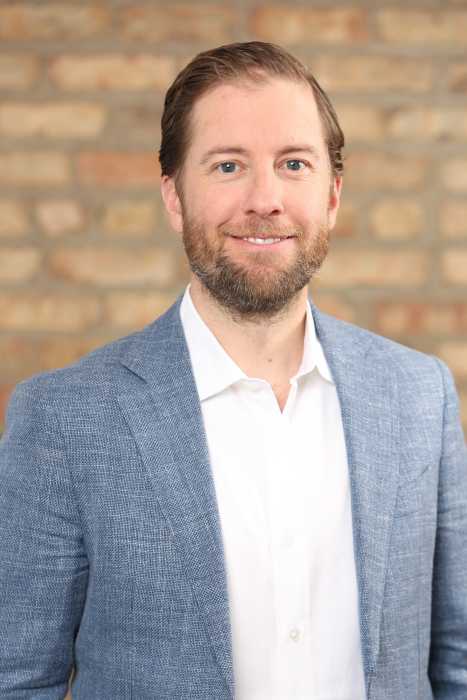
Charlie Bachtell
CEO, Cresco Labs

Charlie Bachtell is Cresco Labs’ CEO and co-founder. Previously, he worked at Guaranteed Rate as its EVP and general counsel. He guided the company as the mortgage industry transitioned from an unregulated to hyper regulated, with a state-by-state regulatory framework. Through this unique experience, Mr. Bachtell is one of the leading authorities on corporate governance and complex regulatory compliance in the cannabis industry. Charlie is the current chairman of the National Cannabis Roundtable.
Do you think there is a stigma around working in the cannabis industry and if so how do you work to overcome it?
Everything that we’re doing, from the experience that we deliver in our stores, to the quality of cannabis that we consistently bring to our patients and customers, and the professional way that we approach accounting, legal, security and other business operations, is in furtherance of our mission to normalize and professionalize cannabis and helping to reduce the stigma of working in this industry.
How can the cannabis industry work with health care and academic professionals to educate consumers about the benefits and risks of cannabis use?
The cannabis industry should continue to lean into community outreach, partnering with doctors, other health care professionals and academics to educate them about the safety and benefits of cannabis and the bright future that it holds as a form of treatment. Ultimately, the onus is on us to be an education leader, so they feel comfortable recommending cannabis to patients and empowered to lead research efforts.
Where do you see the cannabis industry in New York 10 years from now?
We’ll see more licensed cannabis cultivators, manufacturers and dispensaries, creating a more normalized marketplace while also building consumer trust and confidence. As cannabis grows, it will create job opportunities and generate significant revenue for the state. There will be challenges, such as ensuring fair and equitable access to capital and licenses and addressing illicit market concerns. However, New York is poised for growth and cannabis will likely be an economic driver in the coming years.
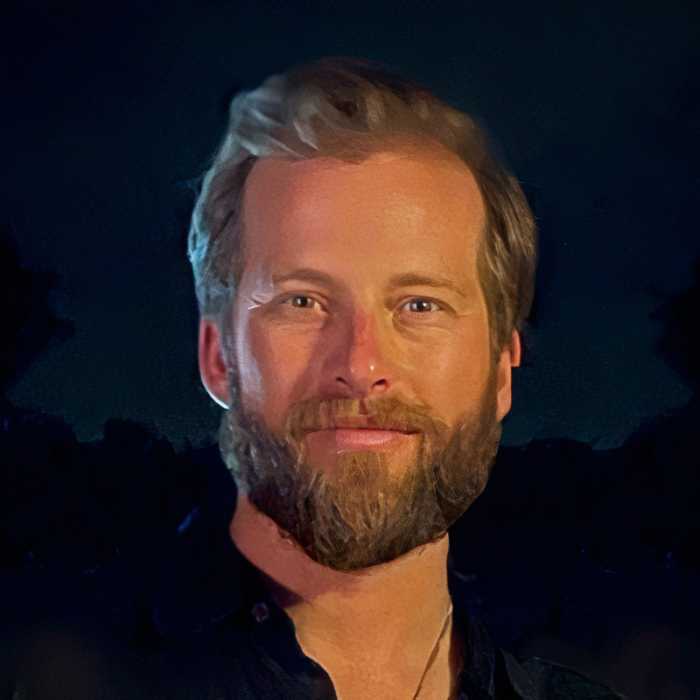
Sloane Barbour
Founder and CEO, engin

Sloane Barbour is the founder and CEO of engin, a revolutionary recruiting platform built for pioneering industries. With nearly 20 years of experience at the intersection of talent and software, Sloane has a proven track record of leadership and innovation. Prior to starting engin, he was the chief revenue officer at FlowerHire, the industry’s leading strategic recruiting firm – where he first identified the opportunity to build a vertical talent platform focused on emerging industries.
Do you think there is a stigma around working in the cannabis industry and if so how do you work to overcome it?
Yes, many of the stigmas include that these workers are not qualified, that they are lazy and not creative. When in fact, it is the opposite. The cannabis industry will evolve to be like any other and is projected to be a very large and profitable industry and we need to view cannabis as we view alcohol and fashion. To share stories and experiences of those who work in the industry to highlight their expertise.
How can the cannabis industry work with health care and academic professionals to educate consumers about the benefits and risks of cannabis use?
The public typically turns to health care and academic professionals for information, these industries need to view the cannabis industry as a professionalized industry. The thing that is lacking the most in the industry and others is education and resources. To erase the stigma surrounding the labor market, health care professionals and those in academia need to be informed of the current state of the market.
Where do you see the cannabis industry in New York 10 years from now?
The New York cannabis industry is one of the most robust and equitable markets. Social equity licensees are the cornerstone of the New York industry and this trend will follow into the labor market. I see the NY cannabis industry employing mostly black and brown staff and more importantly staff that has been affected by the War on Drugs. I believe New York will lead the nation in promoting generational wealth through the cannabis industry.

Mitch Baruchowitz
Managing Partner, Merida Capital Holdings

Mitch has 12 years of experience investing in cannabis and over 20 years of entrepreneurial, legal, regulatory, and financial experience in highly regulated industries. He is an expert in the regulatory component of cannabis limited licensing and multi-state cultivation operations, and a frequent speaker and author on cannabis investment strategy and diligence. Prior to founding Merida in 2016, Mitch co-founded Theraplant LLC, one of four Connecticut-based cultivators, and Leafline Labs LLC, one of two Minnesota cultivators.
Do you think there is a stigma around working in the cannabis industry and if so how do you work to overcome it?
With nearly 40 states allowing some form of legality and the industry supporting over 400k jobs in the United States alone, we feel the stigma is long gone. The normalization that has occurred in both the job market and medical community will only help to continue this path of de-stigmatization in all aspects of our communities.
How can the cannabis industry work with health care and academic professionals to educate consumers about the benefits and risks of cannabis use?
Merida believes that cannabis has been “normalizing” and “de-stigmatizing” right in front of us over the last 8-10 years. It is much more common-place to admit using cannabis for many ailments like anxiety, sleep aids, nausea for cancer payments, MS, depression, PTSD amongst many others. The endocannabinoid system in our bodies needs to be taught to the medical community so they can prescribe the right strains with the right terpenes to assist with their ailments.
Where do you see the cannabis industry in New York 10 years from now?
New York’s adult use program has had its issues getting started but eventually it will get there. Their social equity program is a fantastic idea but will need a white knight to fund it. The illicit market has grown substantially since the laws have passed but enforcement has slowed down. It is a huge market and will be the beacon for other states. So, it must set an example and get it done correctly.


